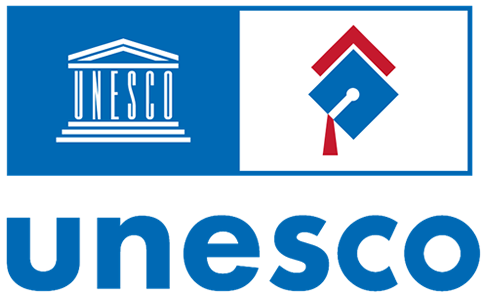Terminal Efficiency in Higher Education: Towards a New Approach
Abstract
The study is an analysis of the terminal efficiency (ET) as a quality indicator, which is used to evaluate the student's trajectory and is determined in terms of percentage, taking as a reference the proportion of the number of graduates in relation to the number of students. who entered. The research question revolves around whether we are dealing with an indicator that allows evaluating the quality of higher education institutions (HEIs) or their programs, or is it an evaluation indicator for monitoring and follow-up of the process. The objective is to demonstrate that there are many variables that intervene in TE, which are not always attributable to the educational system and should not be used to evaluate or admissibility or a final process of a program, it is a starting point for improving terminal efficiency. which raises the need for a new approach in accordance with the SDGs
Copyright (c) 2024 Luis Carlos Herrera, Markelda Montenegro, Virginia Torres-Lista, Luis Aarón Martínez, Virna López

This work is licensed under a Creative Commons Attribution-NonCommercial 4.0 International License.
Copyright notice
Copyright allows the protection of original material, and curbs the use of others' work without permission. UNESCO IESALC adheres to Creative Commons licenses in the open access publication of ESS. Specifically, texts published in this journal are subject to a Creative Commons Attribution-NonCommercial 4.0 International (CC BY-NC 4.0) license: ESS is an open access journal, which means that all content is freely available to the user or their institution. Users may read, download, copy, distribute, print, search or link to the full text of the articles, or use them for any other lawful purpose, without asking prior permission from the publisher or the author, always making sure to cite the author. Commercial use is not permitted. ESS requires authors to accept the Copyright Notice as part of the submission process. Authors retain all rights.
The full license can be found at https://creativecommons.org/licenses/by-nc/4.0/
 Attribution - NonCommercial (CC BY-NC 4.0)
Attribution - NonCommercial (CC BY-NC 4.0)
This journal does not charge authors for the submission or processing of articles. The authors of the contributions will receive acknowledgment of receipt that the work has reached the Editorial Team of the Journal.




.png)
